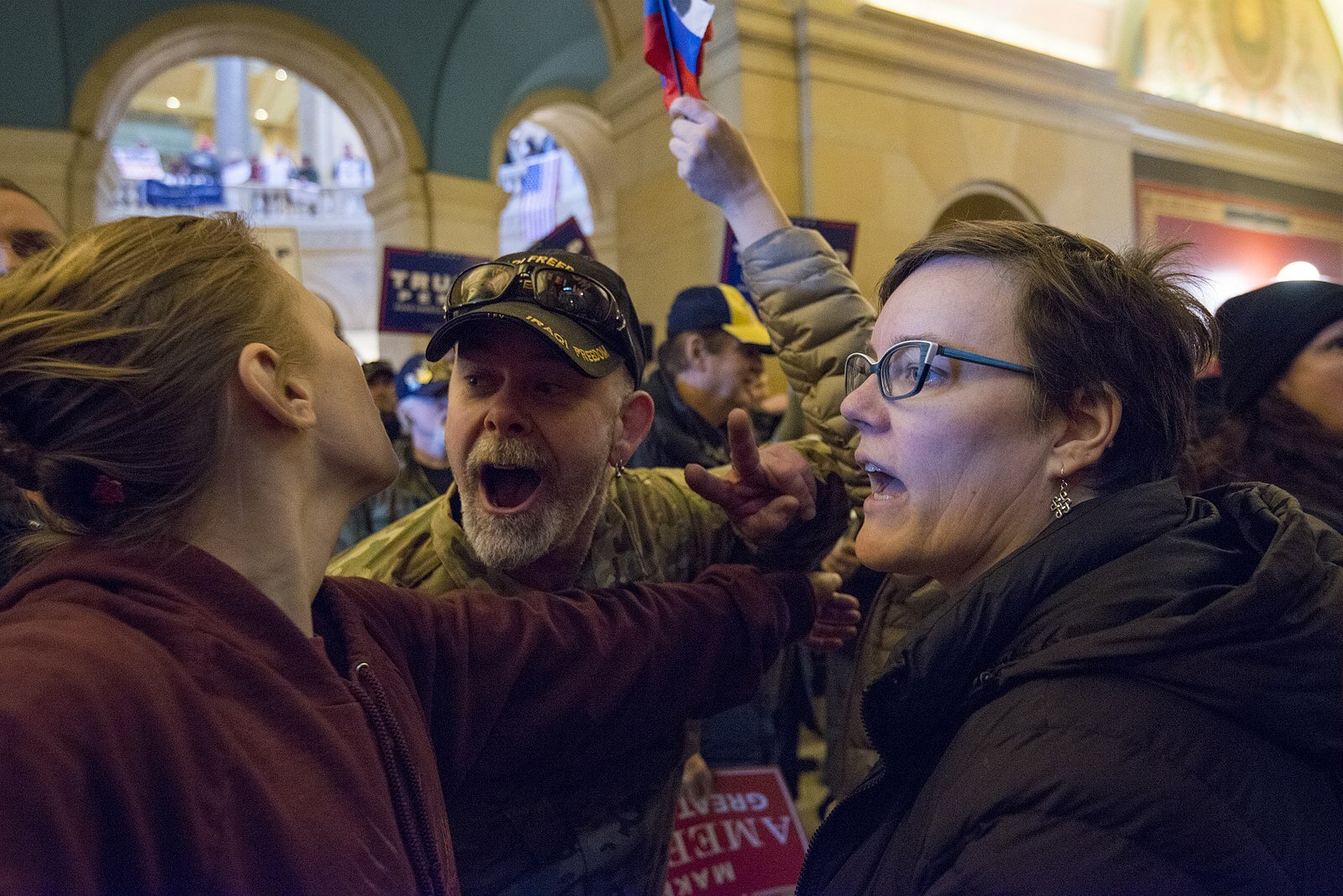Exclusive to Smerconish.com

The events of the past week—an invasion of our nation’s Capitol by a violent mob intent on overturning the results of a free and fair election at the urging of a sitting president, the subsequent removal and permanent ban of the president from social media platforms for his role in inciting this violence, and the continued denial of certified election results by a host of elected officials—highlights a serious threat facing our country: the rise of political emotion as the basis for civic action.
The fact is that we presently inhabit a deeply divided and dangerous information landscape. This landscape poses a long-term threat not only to our ability to govern effectively, but also to the very principles and institutions of democracy itself. If there is any hope of combatting and ultimately reversing this deleterious state of affairs, we must first understand the key forces that have brought us to this point. In my research, I have identified two key factors: the spread of social media platforms and the rise of political opinion programming masquerading as news.
In their early incarnations, social media platforms were designed primarily to help us stay connected to people with whom we would otherwise lose contact. But they very quickly devolved into something else, namely aggregators and amplifiers of political feelings. I have strategically chosen the term “feelings” here because – at least on social media – emotions are the currency of the realm, not facts. Moreover, we know that negatively-toned emotions travel further and faster on these platforms. Worse still, the rapid spread of political emotions, which are often detached from facts, quickly create ideological silos that, through confirmation bias, powerfully reaffirm what people already believe and how they already feel.
Political opinion programming on television has similarly gotten us all “charged” (emotionally) up without necessarily making us more informed. While it is easy to pick on Fox News here, it is worth noting that the rise and spread of political opinion and commentary programming has occurred across the political spectrum. I wish to be clear that what I am critiquing here is not politically slanted or biased news; it is, in fact, not news at all. Much of the televisual landscape today is dominated by commentators, not journalists. These individuals are often extremely smart and knowledgeable, but ultimately their job is to cater to viewers who share their political opinions and feelings (again, notice the absence of facts).

It is the unfettered spread of political emotions that has come to define civic life and action today. People don’t know things anymore, but they feel them … deeply. And they are more than willing to act on those feelings. While passion is good, the rise of blind, uncontrolled passion is tearing us and our democracy apart. Therefore, it is crucial that we become not only critical consumers of information, but critical discerners of the difference between feelings and facts.
______________________________________________________________________________________________________________________






